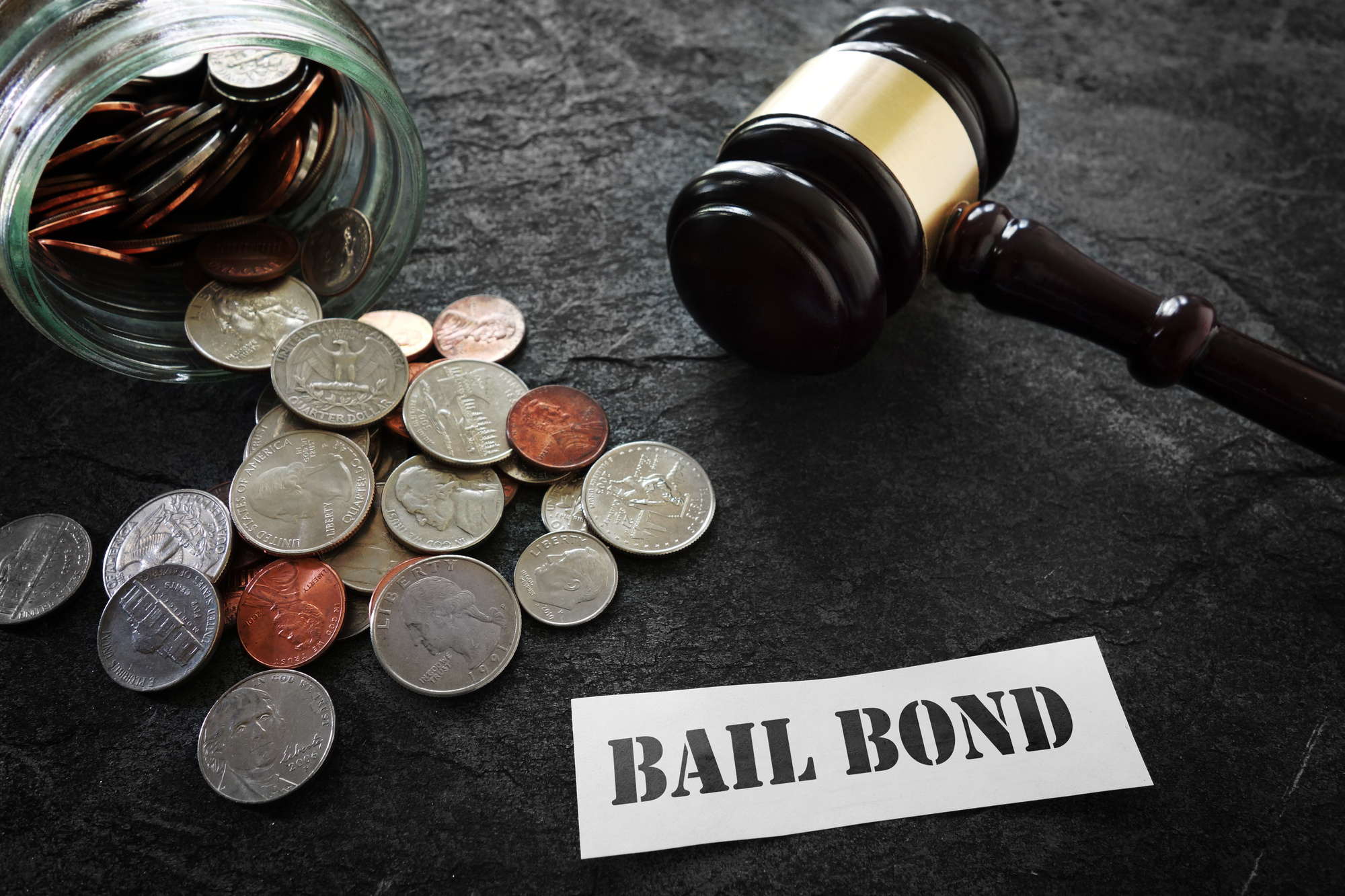
What is Bail?
Bail is a rule and Jail is an exception. If any person is arrested on the allegations of commission of a cognizable offence and he is produced before the Competent Court by the police, he has the right to apply for bail. Bail means a person is released by the court on the undertaking that as and when the court calls or directs for his presence he will appear before the Court. In short, it can be said that bail is the conditional release of an accused with the promise to appear in court when required.
What are different types of bail?
Bail can normally be divided in two broad categories :-
- Pre-trial Bail, which means any person who has been alleged as an accused of a cognizable and a non-bailable offence may be released on bail by the competent court during the pendency of the trial with the assurance to appear before the Court as and when his presence is required.
- Post-Trial Bail, which means when any person who was accused of committing a cognizable and non-bailable offence is convicted by the trial Court he has the right to file an appeal before the next higher Criminal Court having jurisdiction. The court is popularly called as the Appellate Criminal Court. The Appellate Criminal Court may grant bail to the convict during the pendency of the appeal and also may suspend the execution of the sentence.
What are the different types of bail during trial and during the appellate stage?
Anticipatory Bail- When any person apprehends his arrest he may file an application before the Hon’ble Sessions Court or Hon’ble High Court seeking anticipatory bail. This kind of bail is granted during the investigation stage or during the trial of the case. When anticipatory bail is granted the accused may intimate the police officer regarding grant of bail and file bail bond as directed by the police officer (Investigating Officer). When anticipatory bail is granted, the accused shall not be arrested by the police per contra he shall be released forthwith after furnishing bail bond.
Short Term Bail (Parole) – When any person who has been lodged in jail on the allegations of commission of cognizable offence and his regular bail is pending or rejected and some emergent situation or occasion arises in which participation of the accused is necessary, he may move an application before the competent jurisdictional court seeking short term bail. Normally short term bail is granted for a specific period.
Regular Bail – When any person who is alleged to have committed a cognizable and Non-Bailable offence is brought before the Magistrate by the police he may apply for bail under section 437 Cr.P.C. and the learned magistrate shall release him on bail. However, learned magistrate shall not release an accused on bail when it appears to the learned magistrate that the accused has been guilty of an offence punishable with death or imprisonment of life, or if the learned magistrate receives information that the accused has committed a cognizable offence and he had been previously convicted of an offence punishable with death, imprisonment for life or imprisonment for 7 years or more, or he has had been previously convicted on two or more occasion of a cognizable offence punishable with imprisonment for three years or more but less than 7 years.
However, in spite of aforesaid restrictions upon the learned magistrate, he may direct to release a person on bail if such person is under the age of 16 years, or is a woman, or is sick, or is infirm.
Statutory Bail/Default Bail – This kind of bail is provided under section 167 Cr.P.C. In case the investigation is not completed within the time period prescribed by the Criminal Procedure Code then the accused is entitled to bail. This kind of bail is commonly known as statutory bail or default bail. While granting statutory bail the court is not required to examine the merit of the case, however, the accused released on bail under section 167 Cr.P.C. shall be deem to be so released under the provisions of Chapter –XXXIII Cr.P.C.

